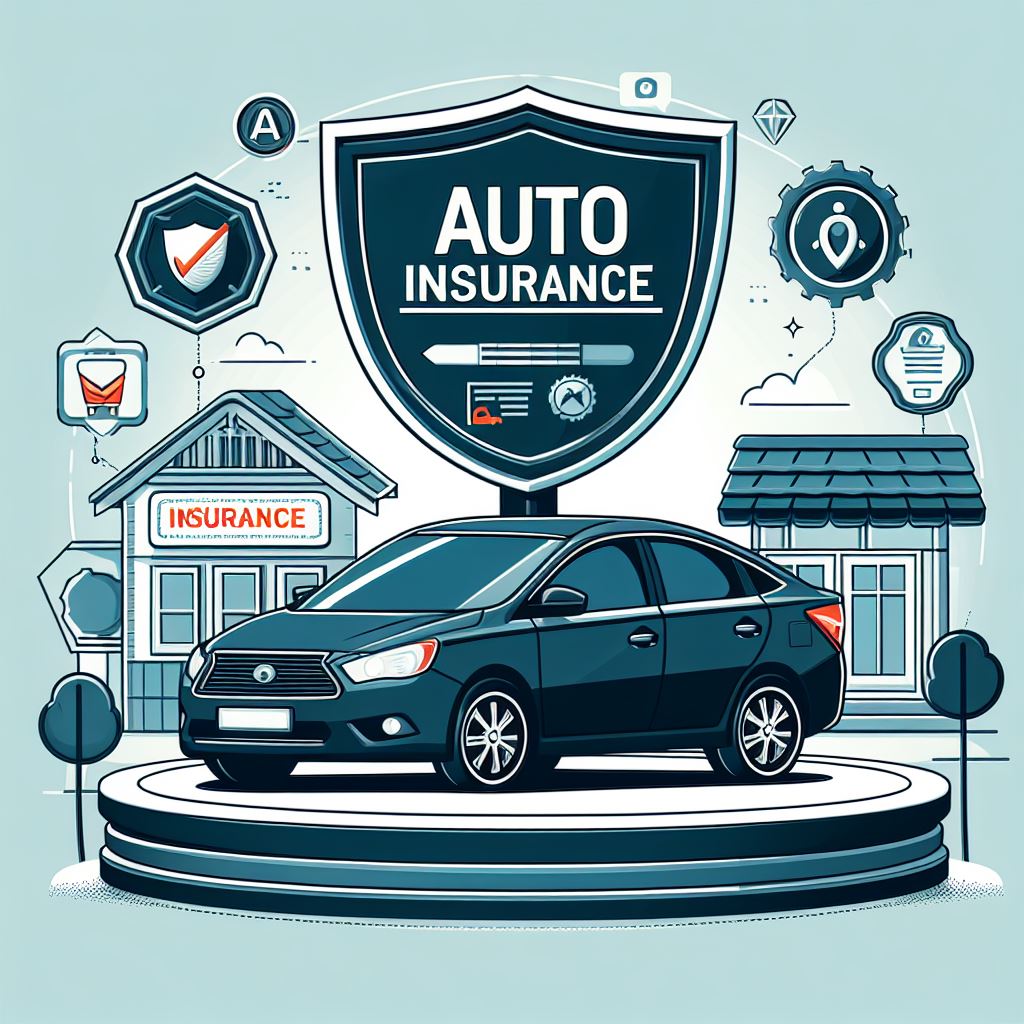
Are there any restrictions on coverage for driving in mountainous areas near Denver, where steep terrain and winding roads present unique risks?
Whether there are restrictions on coverage for driving in mountainous areas near Denver, where steep terrain and winding roads present unique risks, can vary depending on the insurance provider and the specific terms of your auto insurance policy. Some insurance companies may impose restrictions or limitations on coverage for driving in mountainous regions, while others may not.
It's essential to review your auto insurance policy documents carefully or consult with your insurance provider to understand any potential restrictions or limitations related to driving in mountainous areas near Denver. These restrictions may include limitations on coverage for certain types of terrain or roads, such as unpaved or poorly maintained roads, or restrictions on coverage for specific types of vehicles, such as off-road vehicles or recreational vehicles.Some Denver auto insurance companies may offer optional coverage enhancements that provide additional protection for driving in mountainous regions. For example, optional coverage options like roadside assistance or towing coverage may be particularly beneficial for drivers navigating steep terrain and winding roads where breakdowns or accidents are more likely to occur.
To ensure you have adequate coverage for driving in mountainous areas near Denver, consider discussing any concerns or coverage options with your insurance agent or provider. They can help you understand your policy's coverage limitations and recommend any additional coverage options that may be suitable for your needs and driving habits in mountainous terrain.